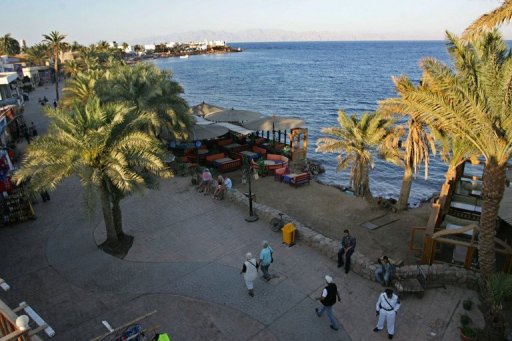NZARA: When the dreadlocked gunmen burst out of the jungle at night firing AK-47 assault rifles, the men of the village took up bows and arrows to defend their families.
But the brave defense was futile. The rebels from the Lord’s Resistance Army (LRA) simply shot the men and dragged off others into the forest to join their force.
"Two of us were killed, and three more wounded," said Vanetta Tamenda, who fled as the rebels began their work, torching his small farming village of Basukangbi, on south Sudan’s remote border with the Democratic Republic of Congo (DRC).
The village’s simple defense force — calling themselves the ‘Arrow Boys’ — were swiftly overrun.
"They are too strong," Tamenda said, pulling up a ripped shirt to show bullet wounds in his shoulder and back. "We need guns to defend ourselves."
Tens of thousands of people have been killed in two decades of fighting since LRA chief Joseph Kony took up arms — initially against the Ugandan government.
Driven out of Uganda, the guerillas have carved out a vast region of control in the dense forests of northeastern DR Congo, south Sudan and the Central African Republic (CAR).
The jungle allows easy movement across porous borders for the rebels, who abandoned faltering peace talks in 2008.
Their acts of startling brutality have forced more than 25,000 people to flee their homes in south Sudan since January, according to the United Nations.
"The attacks this year by the LRA seem to be on the increase," said Sapana Abuyi, deputy governor of Western Equatoria, the state in south Sudan hardest hit by the rebels.
"Not a week goes by without us receiving a message they have attacked a village."
They call the rebels here the "tong-tong" — or "chop-chop" — named after the machete attacks on their victims when they wish to save a bullet.
Its top leaders, wanted by the International Criminal Court in The Hague, are accused of massacres, mutilation, forcibly enlisting boys as child soldiers, and taking girls as sex slaves.
Several hundred of those who most recently fled have gathered in the small settlement of Nzara, searching for security, shelter, food and medication.
"People left so quickly they could take little," said Daniel James Banjen, chief of the Sangwa area, which was attacked in early August.
"Some of us are staying with families, others under plastic sheeting, and all of us are living off the food that we are given."
The people here say an upsurge in attacks is linked to the ripe harvests currently in the fields.
"They leave us alone while we cultivate," said Terezina Mathew as a child clutched her skirt. "But when the crops are good they come, forcing us away so they can take all our food."
The United Nations and aid agencies are supporting the displaced, but prolonged attacks have weakened the population and officials worry there is little sign of finding a solution or ending the attacks.
"All along the border they have killed and abducted children for their evil army," said Lexson Wari Amozai, the head of the south Sudan government’s humanitarian agency for Western Equatoria. "The peace that was ongoing has ended, and no one is talking about it."
Both southern Sudanese and Ugandan soldiers patrol the area, but the troops are stretched thin, with the guerrillas now experts in hit-and-run raids.
South Sudan is far from alone in being affected by the rebels.
Over 700 people have been abducted by the rebels in CAR in the past 18 months, according to a recent report by Human Rights Watch.
Meanwhile the rebels have carved out a kingdom in the Bas Uele of DR Congo by slaughtering over a hundred people and abducting at least 570 in the past 15 months, according to field research by the Washington-based Enough pressure group.
A new US law passed in May commits the Washington administration to develop a strategy that will ensure civilians are protected from the LRA, and to end the rebels’ campaign of carnage.
Those displaced said they would welcome any help, saying they have so little to defend themselves with now.
"Those Americans have strength and technology, so they can use that to catch Kony," said Anton Juma, another member of the village militia, now sheltering at Nzara. "Our arrows are no use against their guns."



